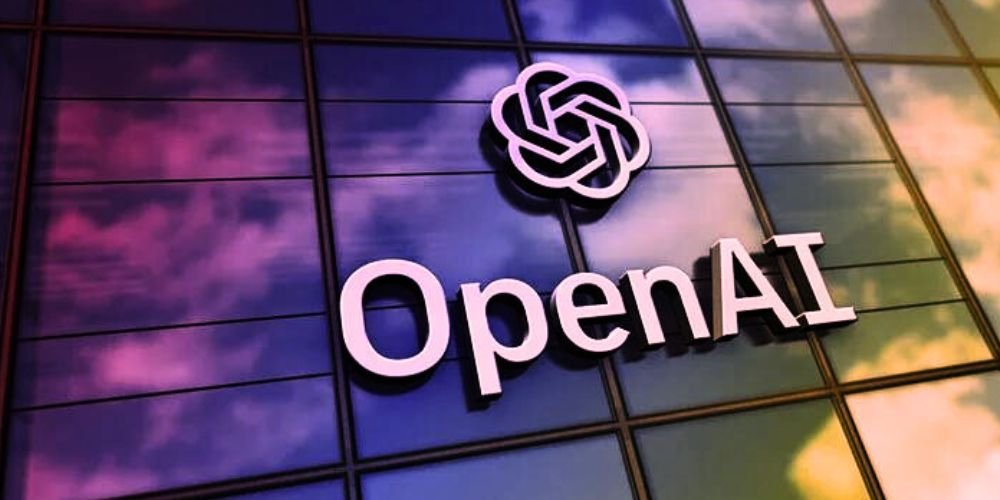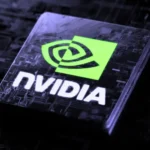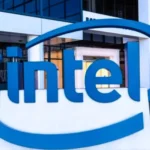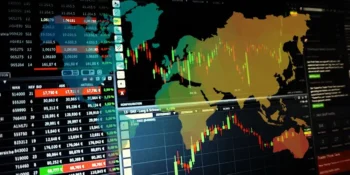Key Points
- A California bill requiring labeling of AI-generated content, backed by OpenAI.
- The bill aims to prevent misinformation in election-related content.
- AI-generated content is increasingly influencing elections worldwide.
- AB 3211 has passed the Assembly and is awaiting a Senate vote.
OpenAI, the developer behind ChatGPT, is backing a California bill, AB 3211, requiring tech companies to label AI-generated content. This content could range from harmless memes to deep fakes intended to mislead voters about political candidates. OpenAI has garnered support for the bill despite the company’s opposition to another California AI bill, SB 1047, which mandates safety testing of AI models.
AB 3211, introduced by Assemblymember Buffy Wicks, has not received as much attention as SB 1047. However, it addresses a crucial issue—transparency in AI-generated content, particularly in an election year. OpenAI’s Chief Strategy Officer, Jason Kwon, emphasized the importance of transparency in a letter to Wicks, stating that tools like watermarking can help people distinguish between human-created and AI-generated content. This distinction is especially important as AI content is increasingly used in global elections, with examples already seen in Indonesia.
The bill aims to implement transparency measures to prevent confusion and misinformation during election periods. Kwon’s letter to Wicks reflects OpenAI’s stance that new technologies and standards are necessary to ensure the public can identify the origins of online content. With elections taking place in countries representing a third of the world’s population this year, the potential impact of AI-generated content is a growing concern.
AB 3211 has made significant progress in the legislative process. It passed the California State Assembly with a unanimous 62-0 vote and recently cleared the Senate Appropriations Committee. The bill is now headed for a vote by the full State Senate. If approved by August 31, it will be sent to Governor Gavin Newsom for approval or veto by September 30.










